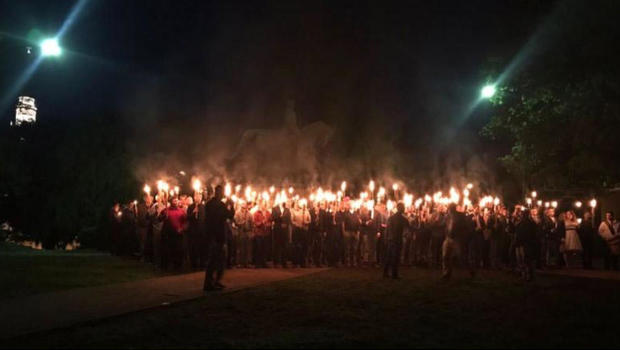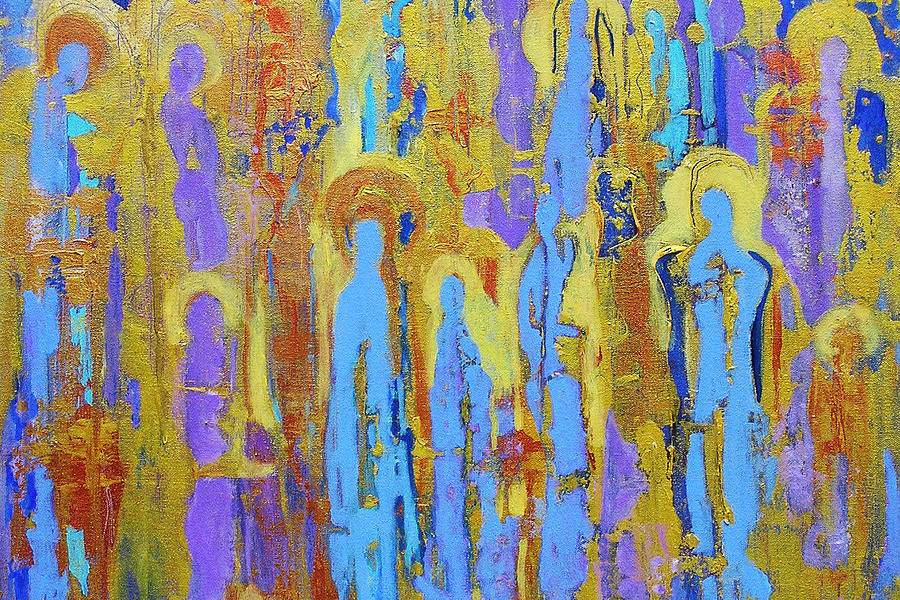This is the text of a sermon preached at Guildford Cathedral - exploring questions of identity. In reflecting on who Jesus is we are drawn into the mystery of God's redeeming love. We are more than a check-list of identity markers - finding our identity in Christ transcends that. As Paul grapples with the reality of what that means, we face the demands of being bound together. That calls us to a vision of equality - acknowledging priviledge, seeing race and changing the system. I am particularly grateful to links shared on Facebook by Ben Fulford and Steve Holmes. The texts were Isaiah 51:1-6, Romans 12:1-8 and Matthew 16:13-20.
Who am I?
Shakespeare is masterful in deploying deception, disguise and mistaken identities to answer the question at the heart of our human condition.
He draws us into the anguish of tragedy as King Lear asks: “Who is it that can tell me who I am?”.
He heightens the comedy in Twelfth Night as Viola, disguised as Cesario, declares to Olivia: “I am not what I am”.
Identity - yours and mine - is made up of elements beyond our control and determined by choices we make. It’s deceptively simple - literally embodied: our looks and distinguishing features, reflected in mirrors, selfies or passports.
But it’s also complex. The boxes we tick on forms to monitor diversity or give customer feedback categorise our identity by age, gender, ethnicity, marital status, sexuality, disability, colour or income.
Our CVs and Facebook profiles reflect our skills, personality, class, beliefs, interests, tastes, employment status.
Who I am?
Our identity embodies our memories and is shaped by our experiences; it’s reflected in the stories we tell and communicated in the first impression we make. Others aspects are private, hidden from public gaze: the accents we lose; the names we change; the experiences we never share.
For each of us, our identity is also shaped by encounters with others; the degrees of association, intimacy, belonging and alienation. But there are uncomfortable truths to the identities we claim; truths we need to consider with humility and, in Paul’s words, ‘sober judgement’ in our regard for others.
Those truths include the snap judgements, labels and prejudices which diminish others because of 'difference'; the unconscious power, privilege and opportunity we accrue by being white or male or Oxbridge or married.
Thinking about identity matters - yours, mine, ours. It matters because of the way in which it shapes political discourse. It matters because of the fragility of our common life. We cannot remain silent in the face of Charlottesville: racial justice is part of our gospel proclamation.
As such, it demands confession of corporate sin, listening to our brothers and sisters of colour, educating ourselves and naming what an American pastor Sean Bawulski, calls ‘white supremacy’ as a ‘contemporary caste reality with a long history’.
Identity matters because, in the words of Isaiah, God’s teaching and justice will be ‘a light to the peoples’.
It matters because we hear the question ‘who I am?’ on the lips of Jesus; and in naming him as the Messiah, the Christ, we are drawn into the merciful love of God.
It matters because Paul calls us respond to that mercy means members one of another in Christ; therefore we pray and witness to God’s reconciling love in places of pain and anger.
Isaiah’s words of encouragement to those held captive in Babylon also offer consolation to those held captive by inequality, oppression, stereotypes and discrimination. We are to seek after righteousness in the midst of darkness - to see race and change the system. In Why I’m no longer talking to white people about race, the journalist Reni Eddo-Lodge is helping the church and others to rise to this challenge (quotations from Steve Holmes).
For Isaiah, our identity is rooted in the inheritance of faith shared with Abraham and Sarah, our ancestors. The prophet looks back to the rock from which God’s people are hewn: one person; called by name; faithful to God; a blessing to all peoples.
Isaiah looks to the near future: expressing the hope of liberation and the restoration of the promised land. He also looks to a time when the all peoples will be drawn into this joyful kingdom; when God’s justice will bring deliverance; when a light will shine and not be overcome by darkness.
He points to the suffering servant, the Messiah, the Christ. He speaks of the cosmic scope of salvation; of what will pass away and the renewal of all things; of new creation bursting forth.
Everything that Jesus does points to such a Kingdom as this: he uses parables of seeds and yeast to demonstrates the potential for transformation flowing from the tiniest gesture; he debates with a Syro-Phoneician woman with a shocking humour worthy of Jimmy Carr; offence reveals the truth that God’s mercy stretching across markers of ethnicity and gender.
Now we find Jesus in Caesarea Philippi: in a district which is a point of intersection between Israel and the Gentile world, he asks the most significant question of identity there is:
Who am I?
The responses are based on the hearsay and speculation - he’s identified as a returning prophet. He presses the point: what do you say?
Who am I? Peter names the reality that this is the one who brings freedom, the expected one, the very embodiment of God’s justice, the one who is the light of the world; the Messiah; the Christ; God with us.
Like Abraham, Peter steps out in faith and is renamed: the rock on which we are built, with Christ the cornerstone. Peter’s impetuous and bold; he denied Jesus and disagreed with Paul. And he prayed, sought healing and continued to witness. Such grace revealed in human frailty is our hope.
The Apostle Peter: Rembrandt, 1632
We too fall short, as individuals and an institution; we make mistakes and get frustrated. And yet the church is part of the fulfilment of God’s purposes. Our identity, in all its diversity, is drawn into Christ. By the power of his Spirit we are called to love with mutual, indiscriminate affection. In so dong we embody the character of the new creation, begun in Jesus’ life, death and resurrection.
Who am I?
One called by name at baptism and nourished in word and sacrament as Christ’s body. We share in practices of confession, penance and reconciliation in order that our identity can be marked by God’s healing love and peace.
Our identity in Christ means that none of the gifts of his body, the church, is lost; no human being devalued. Paul is grappling with when he explores how we are to live in response to the mercy of God in Romans.
The appropriate human response to God has always been worship: but Paul takes the categories of Temple sacrifice and applies them to our living bodies. Bodies which are acceptable, pleasing and holy - regardless of age, gender, race, appearance or ability. And by the power of his Spirit we are transformed and renewed.
Paula Gooder says of these two commands: ‘presenting our bodies to God involves places who we are and what we do into his care and keeping. Once we do that then it comes imperative that we do not allow our minds to be moulded by this age - the old creation that will pass away - and all its concerns’.
Who I am?
Our identity is found in Christ; as as his body we belong to each other, one in our differences.
As we share in this Eucharist, we are caught up in this the new creation. Your identity is moulded by an ongoing process of inner transformation - so that our lives might be visibly transfigured.
Our worship doesn’t end abruptly the moment we leave the cathedral - rather we continue to offer a living sacrifice in our homes, schools, workplaces and communities. May our gifts, blessed at this altar, be as light in the darkness: generous, compassionate, wise and prophetic.




